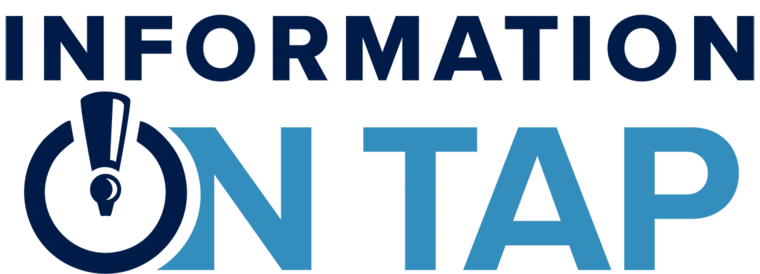
AI, Disinformation
and the Election
October 17, 2024
Join us for Information on Tap, a fascinating series of short presentations by University of Arizona College of Information Science faculty.
New Location Coming Spring 2025!
No registration is required. Please join us for these free events!
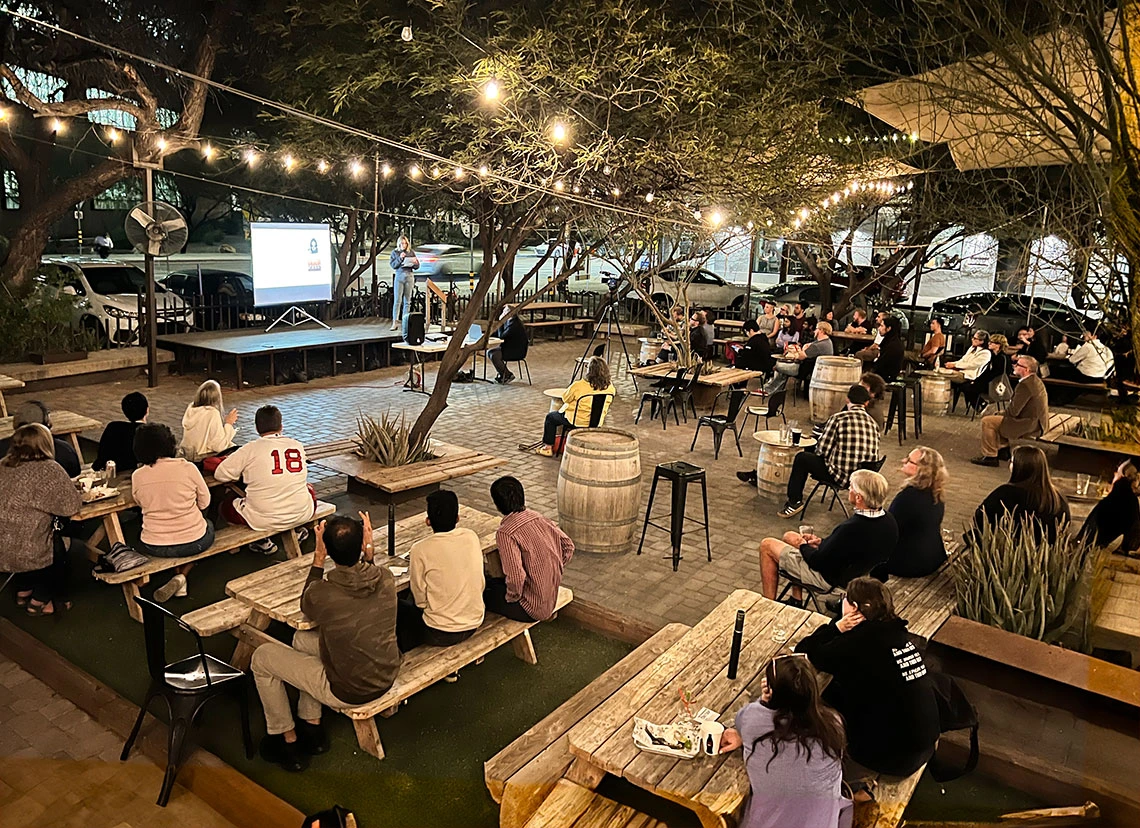
Information on Tap: AI, Disinformation and the Election
Thursday, October 17, 7-8 p.m.
Visual Vigilance: Five Tips for Detecting Doctored or Deepfake Election Media
Michael McKisson, Associate Professor of Practice
Inside the Newsroom: How to Avoid Election Information Burnout
Irene Fischler McKisson, Instructor
Polling Paradoxes: The Wibbly-Wobbly, Timey-Wimey World of Election Uncertainty
Greg Chism, Assistant Professor of Practice

Visual Vigilance: Five Tips for Detecting Doctored or Deepfake Election Media
Michael McKisson, Associate Professor of Practice
Learn how to spot manipulated media, verify the authenticity of images and video, and distinguish fact from fiction in the age of AI.
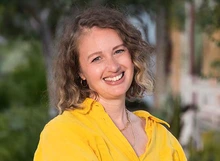
Inside the Newsroom: How to Avoid Election Information Burnout
Irene Fischler McKisson, Instructor
Find fair, trusted information on elections and stay up to date on local candidates and issues without getting overwhelmed. Plus get a behind-the-scenes peek into how journalists fact-check information and make ethical decisions covering election candidates, processes and breaking news.
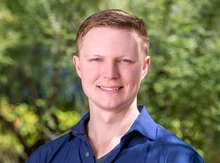
Polling Paradoxes: The Wibbly-Wobbly, Timey-Wimey World of Election Uncertainty
Greg Chism, Assistant Professor of Practice
In the world of election predictions, polling data can be as unreliable as a Sonic Screwdriver fixing wood. This talk explores the visualization of uncertainty, how it impacts our understanding of elections and why, sometimes, the future is just too "timey-wimey" to predict. We'll also delve into recent controversies in polling, using favorability plots and the infamous NYT dial plot to illustrate key points.
Information on Tap: AI, the Library and the Law
March 21
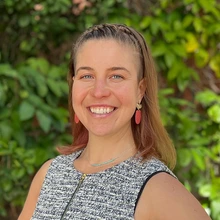
Ten Ways Librarians are Using AI
Sarah Bratt, Assistant Professor
Artificial intelligence (AI) is on the rise in library settings, with its implementation swiftly extending into user services, collection development and library administration. AI uses include digital assistants for helping patrons, robots as library aides and recommendation systems. Machine learning and computer vision methods are employed to enhance the accessibility of library collections. Learn about AI being applied in the real world and discuss the impact, implications, benefits and challenges of developing and designing AI-based technologies in the library and information environments.

An AI Stole My Copyright!
Tyler Millhouse, Assistant Professor of Practice
Generative AI systems (like ChatGPT, Midjourney or DALL-E) can create realistic text and images, and many have been impressed by the artistic merits of these works. Should we offer copyright protection to these works? One argument against doing so is that the output of generative AI is ultimately based on its training data—which consists primarily of copyrighted works by human artists. One argument in favor of doing so is that the process by which generative AI learns and creates is analogous to the process by which human artists learn and create. After all, even the most creative and celebrated human artists learn from and are inspired by the works of others. Unfortunately, both sides of this argument fundamentally misunderstand why copyright protection is important. Any decision on whether to award copyrights to AI-generated works must be based on what advances human wellbeing and not on the similarities (or lack thereof) between human and AI artists.

Help! My Lawyer is an AI
Jennifer Rochelle, Assistant Professor of Practice
This talk will explore the evolving relationship between artificial intelligence (AI) and the legal landscape. We will delve into current AI applications in legal practice, discussing its impact on efficiency, decision-making and ethical considerations. Real-world examples will highlight AI's role in legal research, document analysis, predictive analytics and how AI could help you (in legal matters, that is!). The session will also address challenges such as algorithmic bias, transparency and accountability, emphasizing the need for a balanced regulatory approach. The talk will conclude with a glimpse into the future, discussing emerging trends and collaborative efforts shaping the intersection of AI and the possibility of leveraging AI for a more accessible and equitable legal system for all!
Information on Tap: The Birds and the Bees and ChatGPT
April 18, 2024

AI vs. the Unpredictable
Diana Daly, Associate Professor of Practice, and Kainan Jarrette
Using techniques from improvisational theater and an AI-generated fallacy detector, Diana Daly and Kainan Jarrette explore how AI detects strategies used in disinformation, how we can use AI to teach critical thinking skills and increase skepticism in humans, and what we might miss once we all become robots.
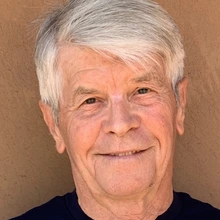
GPTs and Librarianship
Martin Frické, Professor Emeritus
The talk will be on three examples of GPTs in use. The main one will be on bringing the contents of the Vatican Secret Archive to the world at large. (Eat your heart out, Dan Brown (cf. The Da Vinci Code and Angels and Demons)).
Pre-lecture reading PDF: GPTs: Concerns, Limitations and (Some) Responses by Martin Frické

When the Birds and Bees Do Their Thing: Unsupervised Machine Learning of Forest Phenophase
Bryan Heidorn, Professor
Plants as well as birds and bees have a natural rhythm of change driven by weather and sunlight. Climate changes is causing shifts in these patterns, sometimes with catastrophic consequences. Professor Heidorn will show how an unsupervised machine learning method and other tricks can be used to recognize phenophase shifts from cameras mounted over forests.
CONTACT US
For additional information or assistance, please contact
Jana Phillips, events coordinator, at jana42@arizona.edu or 520-621-8288.

